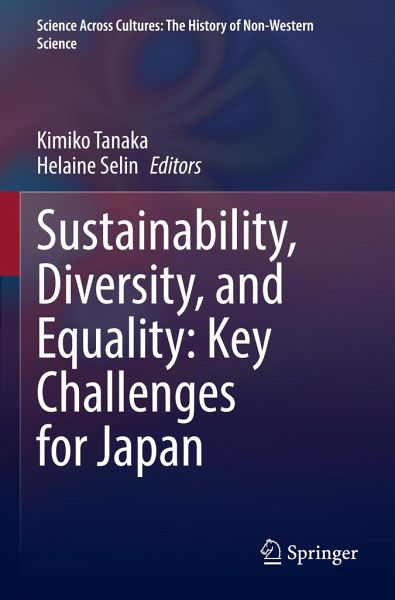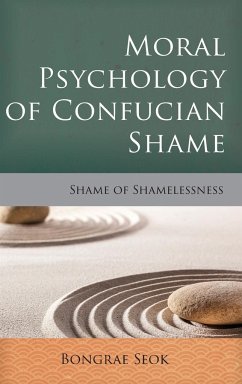
Sustainability, Diversity, and Equality: Key Challenges for Japan
Versandkostenfrei!
Versandfertig in 6-10 Tagen
106,99 €
inkl. MwSt.

PAYBACK Punkte
53 °P sammeln!
This book enables readers to understand contemporary Japanese society and culture. Since it is written by experts, it allows readers to start with any chapters they are interested in. It also provides a unique way to introduce Japanese society and culture to those who have never visited or studied Japanese society by reading articles from various authors on topics such as gender, family, economy, natural disasters and politics and laws. It provides scholars, academics, graduate students and the general educated audience all the information required to understand contemporary Japanese society a...
This book enables readers to understand contemporary Japanese society and culture. Since it is written by experts, it allows readers to start with any chapters they are interested in. It also provides a unique way to introduce Japanese society and culture to those who have never visited or studied Japanese society by reading articles from various authors on topics such as gender, family, economy, natural disasters and politics and laws. It provides scholars, academics, graduate students and the general educated audience all the information required to understand contemporary Japanese society and culture fully and see the diverse perspectives available.












